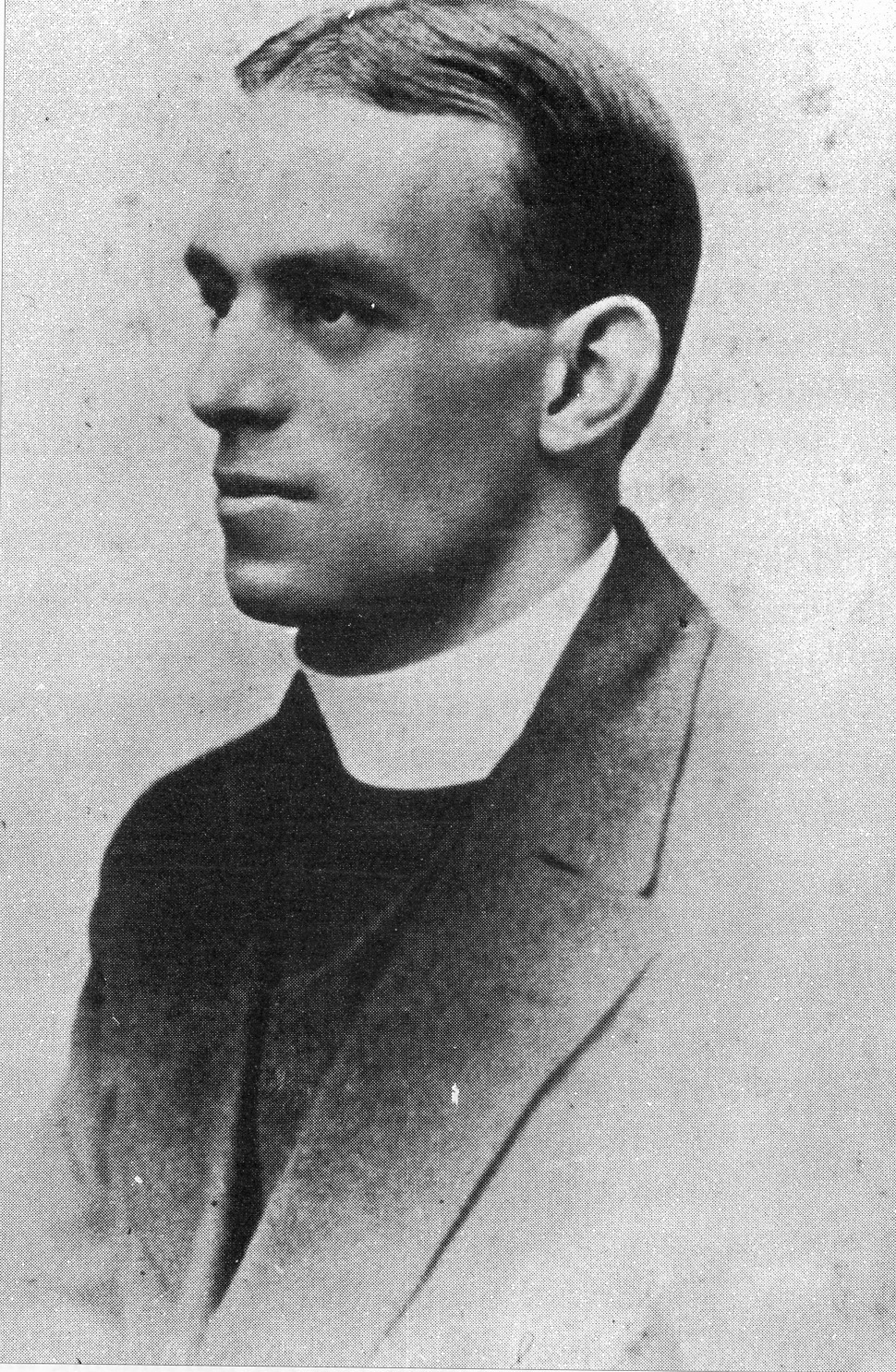Geoffrey Studdert Kennedy was one of the most famous army chaplains of the First World War, and his wartime experiences shaped his ministry and writing in the inter war years. The following edited extract is taken from Seeker After Truths by Linda Parker, a poignant biography of one of the First World War’s greatest chaplains.
Studdert’s first posting was to the canteen at the railway sidings at Rouen: ‘As many as 1,000 men could be gathered at the station. For many this was to be their first taste of battle. Each day he would mix with the men in the canteen…in a letter home Studdert Kennedy mentioned that after singing he told the troops he was there to help them in any way before saying some short prayers . He usually ended up collecting addresses to write home to assure wives and mothers that their man was ‘in the pink’…The distribution of cigarettes at Rouen might have been the genesis of his nickname “Woodbine Willie.”
In June 1916 he was posted to the Somme. On arriving at his unit, he realised that some men were to go from their billets to dig a ‘kick off trench’ and that this was likely to be a rotten job particularly in view of the weather, and that there were frequent casualties during this activity. Studdert Kennedy considered what he should do: “I had no orders. These men were my parish anyhow. I must go where my parish goes…I whispered some inane remark as I passed by and was rewarded all along the line with a grin and often when I had passed, with the muttered comment ‘Gaw blimey if it ain’t the parson. Vaguely I felt that the journey was worthwhile.”
Studdert summarised his chaplain duty thus: “There is very little spiritual work. It Is all muddled and mixed- but it is spiritual. Take a box of fags in your haversack and a great deal of love in your heart, and go up to them, joke with them; you can pray with them sometimes, but pray for them always.”
1917 found him at Messines where he won the Military Cross: ‘During the battle Studdert Kennedy was occupied in bringing in the wounded and on one occasion ran over the battle field between shell holes to obtain some more morphia as the supplies had ran out. His citation for the M.C. was “For conspicuous gallantry and devotion to duty. He showed the greatest courage and disregard for his own safety in attending he wounded under heavy fire. He searched the shell holes for his own, and enemy wounded, assisting them to the dressing station and his cheerfulness and endurance had a splendid effect upon all ranks in the front-line trenches which he constantly visited.”’
Before the battle of Messines , he told his men “I am going over the top with you boys”, and when it was suggested that he did not , he replied that he dared not ask the men to face what he would not.
By the end of the war, Studdert Kennedy had achieved some fame as a chaplain, poet and speaker, his Rough Rhymes had been published, and his article in The Church in the Furnace had won much attention, and Rough Talks of a Padre was published in 1918. His popularity in the trenches was reflected in his nickname and his celebrity status among the soldiers. He returned home on March 21st 1919. He had become a national figure, but was now returning to his parish, changed like so many, by the fortunes of war.


 Follow
Follow